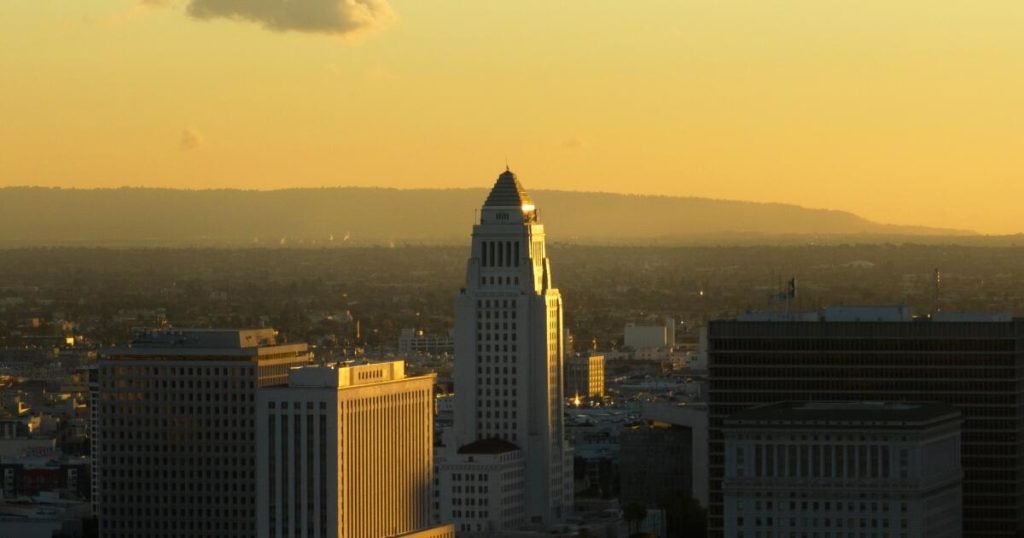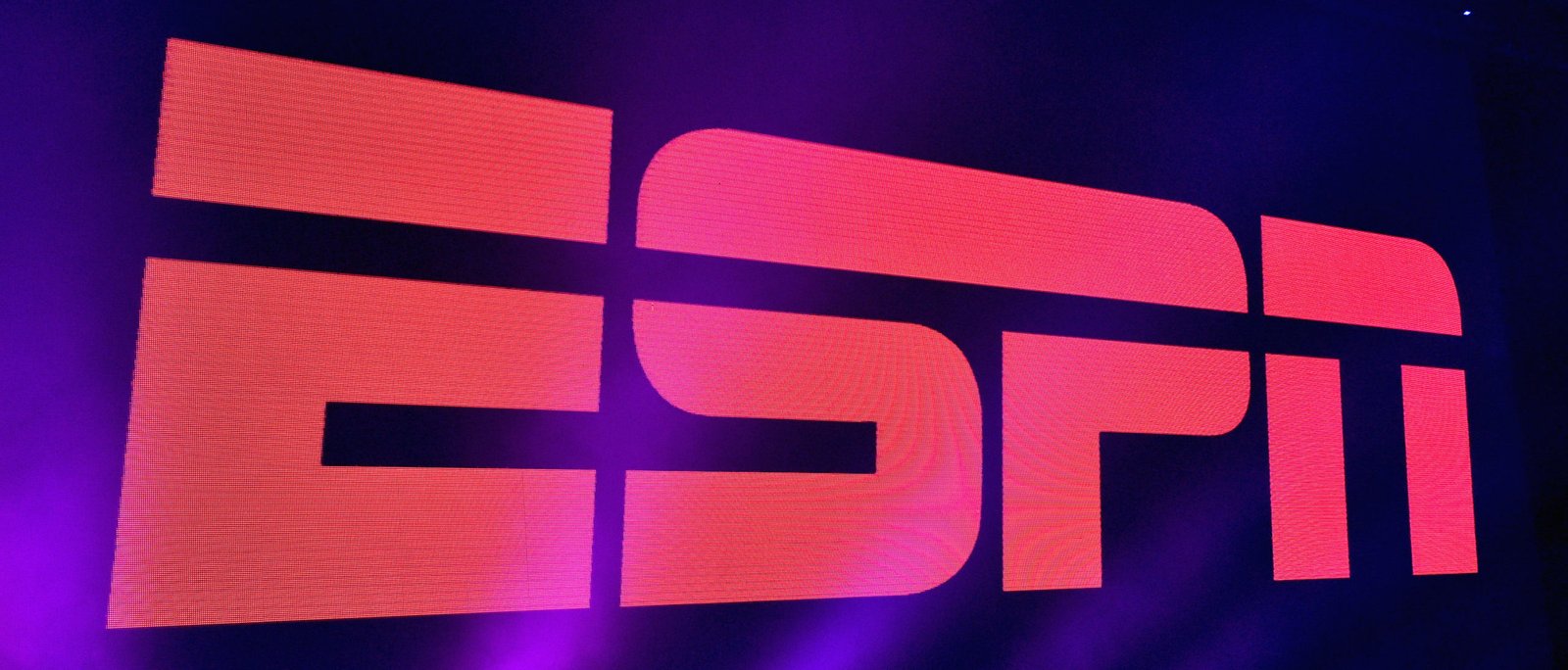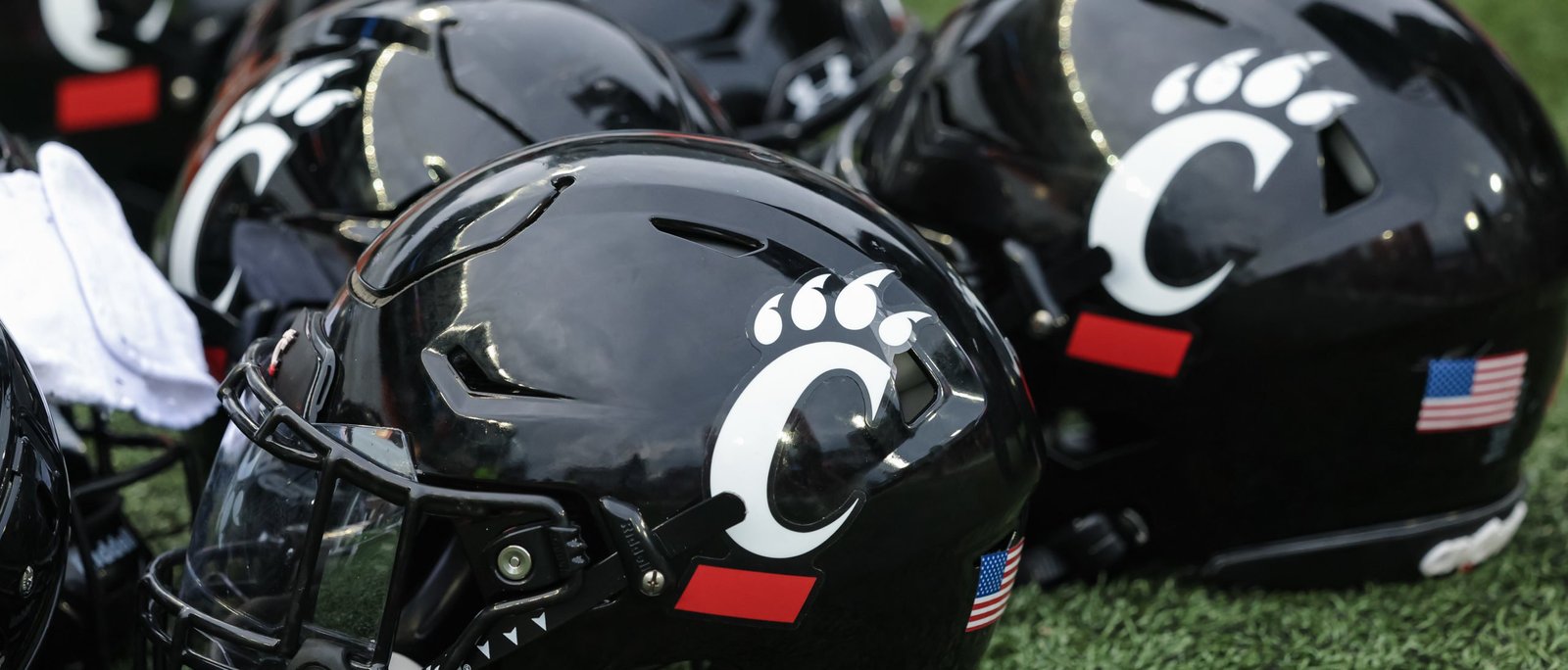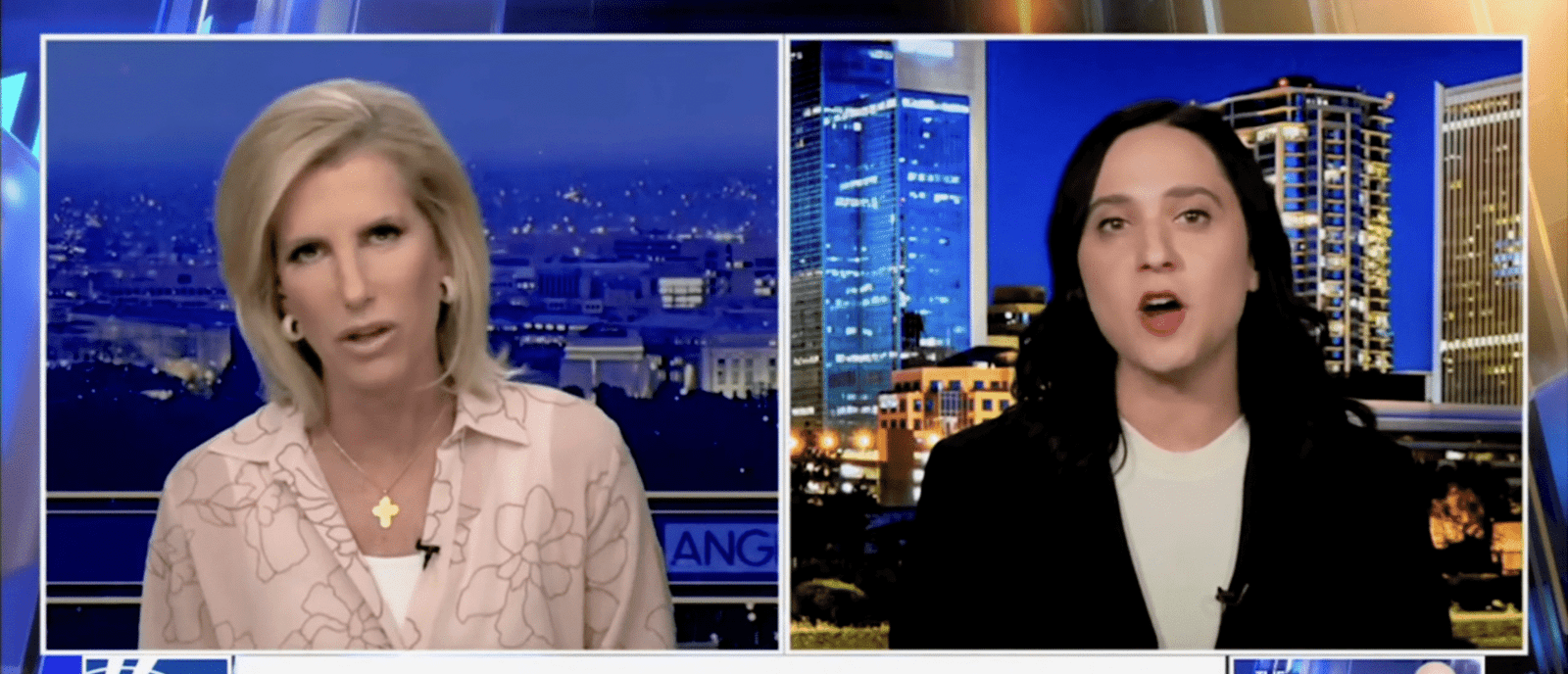For years, Los Angeles City employees have been able to communicate through Google Chat messages. It will be automatically deleted after 24 hours.
Even after the city-sanctioned practice was uncovered by community groups last year and a leading government expert questioned whether it violated public records laws, city officials refused to stop it.
The city abruptly changed course this week after wildfires destroyed Pacific Palisades, Altadena and other communities. All 1:1 and group Google Chat messages will now be saved.
The news was announced Tuesday by the city’s Office of Information Technology in an email to staff. The email referenced wildfires and said the city had enabled Google Chat history “in response to user requests related to citywide emergencies.”
The email stated that these messages would now be “subject to legal proceedings, public records requests, and internal investigations.”
Ted Ross, general manager of the technology agency, confirmed in an email to the Times that Google Chat messages will be stored “indefinitely.” He said preserving messages will help employees reflect on online interactions they had during the fire.
“This is a useful feature for Los Angeles City employees who use Google Workspace to support emergency response efforts, as they can review previous messages in threaded discussions,” said Ross.
The community group Crane Boulevard Safety Coalition objected to the city’s use of disappearing messages, arguing that they amounted to a secret and self-defeating communication channel for city businesses. Representatives of the coalition welcomed the decision, but accused city officials of linking it to the fire in an attempt to avoid responsibility for years of unjustified destruction of archives.
The coalition sued the city in 2023 to approve single-family homes in Mount Washington, but only learned of the missing messages during the litigation’s discovery process.
Attorney Jamie T. Hall, representing the coalition, accused the city of being disingenuous in linking the changes to the wildfires rather than the lawsuit.
“They don’t want to take responsibility,” he says. “They want to say something else caused this, and they don’t have to admit that what they were doing was wrong.”
“Many city employees work long hours responding to emergencies, so the ability to save chats for more than 24 hours is helpful,” said Ross, head of the Information Technology Agency. He said he was not familiar with the Crane Boulevard Safety Coalition’s lawsuit.
Critics argue that automatically disappearing messages allows authorities to circumvent California public records laws. The law provides for the right of the public to access records related to government and city business. Document retention policy.
City officials have not explained how the disappeared chat feature complied with state public records laws or city policies that require most records to be retained for at least two years.
Google Chat is available to approximately 26,000 city employees and has been used in some form since the early 2010s. City officials acknowledged last month that employees had previously had the ability to communicate internally and externally using the now-disappeared messages.
In November, the Crane Boulevard Safety Coalition threatened to file additional lawsuits over the messages.
The agreement between the coalition and the city, signed by a judge last month, states that the city attorney’s office will “immediately conduct an internal investigation into the city’s record-keeping and related policies.”
Sitiati. Heidi Feldstein Soto’s office did not respond to requests for comment on the status of the investigation or whether turning on Google chat history is related to the Crane Boulevard Safety Coalition’s legal action.
Hall, the coalition’s attorney, said the city needs to formalize a new policy to retain Google Chat messages. Otherwise, chat history may be turned off again in the future, he said.
Jamie York, a member of the good government group Unrig LA, said the city should never have used the missing message.
“Transparency is critical to responsible government,” she says. “Unfortunately, I think the threat of litigation makes the city more willing to follow the law.”
Times staff writer Julia Wick contributed to this report.
















